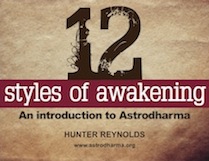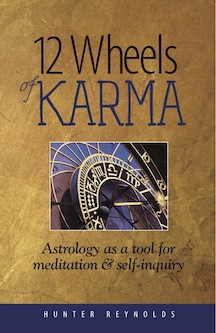
IN A TIME of relentless mega-disasters, one thing is certain: every time we fail to harvest compassion and/or some personally relevant instruction from the cascading stories of horror and heartbreak we will — not might, but will — add to the sum of the world’s suffering. If it makes it to our eyes and ears, it is now our story, our Fukushima moment. Admit it: even now, a part of you is wandering teary-eyed through the twisted rubble, breathing through a pathetically ineffective face mask.
It makes little difference that our aftermath is interior. We are victims of a secondary tsunami — an insidious, ephemeral wave crashing over every continent. It is this secondary humanitarian crisis I wish to speak about.
The facts on the ground are enough. But what makes this time particularly tragic and overwhelming is that we don’t fully grasp what its lessons are to us personally. We fail to digest the stories of suffering because we cannot make personal meaning of them. What does General Electric and its radiation-spewing power plants have to do with our inner life? Plenty.
Nuclear reactors are not just monuments to our short sightedness. They are symbols of our collective dissociation from the logic of our senses. We’ve developed an entire lifestyle — a cultural identity, if you will — that is dependent on a gene-mangling, garden-killing stew and we would rather bow down to what Norman Solomon calls “the corporate theologians of nuclear faith” than subject the issue to a simple muscle test. Why? Because that would mean stopping, turning around, and allowing our self to be crushed by a terrifying tsunami: now.
The problem with now is that it returns us to our breathing, feeling bodies. It awakens a primordial, animal experience of the human condition: a pulsing, undisturbed vastness trampled intermittently by a panicked mob of self-concepts. Every honest encounter with our own or another’s humanity wounds us even as our unborn nature calmly soothes and consoles. Attending simultaneously to the wounded and witnessing dimensions of consciousness is called “the middle path.” It’s an awesome, humbling, path; a path rarely accessible in times of crisis unless firmly established in times of underwhelm.
Romantic as “being present” may sound, the bare-bones world that our naturally nonevaluative senses report is not just miraculous but humblingly — if not frighteningly — incomprehensible. No surprise, then, that awe — the fruit of strongly embodied presence — is defined as “a mixture of wonder and fear.” Slowing down enough to directly inhabit our senses — to consciously abide whatever arises in moments of naked seeing — takes existential guts; the kind of guts advocates of nuclear power seem woefully unable to muster.
Fukushima is a dramatic out-picturing of what’s happening in our unconscious every moment we are enslaved by the ego’s disembodied, awe-parched habits of mind. This is good news. Japan is personal now and there’s something we can do. This moment, right now, this is our Fukushima moment — a chance to come back to our breath and break free of the heartless automation that cares more about egoic “continuity of government” than how much our heart suffers downwind.
Is nuclear power worth the risk? Yes, no, who cares? Disembodied, conceptual questions like these evoke disembodied, conceptual answers. Confronted with a heap of endlessly debatable, fairy tale probabilities, our now-drunk bodies register virtually any response as a neurotoxin. A more flesh-friendly line of inquiry? Try this: Is there any source of fuel (or standard of living dependent upon that fuel) important enough to risk the possibility of even one human having to ask: Is this the breath that transforms my future from an old age filled with family and friends, to one of loneliness, lingering pain, and a horrible death?* Conversation over.
__________
Feeling psychically assaulted by “the news?”
One of the most powerful, body-centered transmutation techniques is called Tonglen— a Tibetan Buddhist practice in which practitioners breathe in the world’s suffering and exhale relief. Try it. If you’re anything like me, you will quickly realize: “I wasn’t really designed to breathe solely for myself.” The ramifications of this are vast. As breathing becomes more and more of a transmutive service, so follows the rest of your life. For a brief summary of this practice by Pema Chödron, click here.
__________________________________
*Mike Rivero
Ready for more?
-Schedule an astrology reading with Hunter
-Subscribe to Styles of Awakening Newsletter (monthly)
-Subscribe to posts by email
Like this article? Share it with friends:


 Get free newsletter & e-book
Get free newsletter & e-book